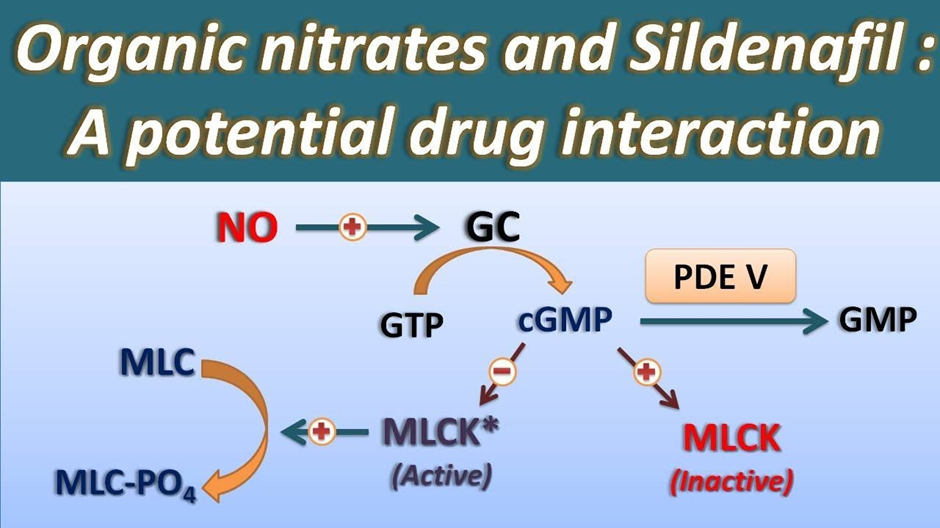A nurse is teaching a client who has a prescription for ferrous gluconate. Which of the following statements by the client indicates an understanding of the teaching?
"I should notify my provider if my stools turn black."
1 should take an antacid with this medication to prevent stomach upset."
should stay upright for at least 15 minutes after taking this medication."
should take this medication with 8 ounces of milk."
The Correct Answer is A
Choice A Reason:
"I should notify my provider if my stools turn black." This is the appropriate statement. Ferrous gluconate is an iron supplement commonly prescribed to treat or prevent iron deficiency anemia. When taking iron supplements, it's common for stools to become darker or even black in color. This change in stool color is due to the iron and is generally harmless. However, it's essential to inform the healthcare provider about this change because it can also indicate bleeding in the gastrointestinal tract, which requires evaluation.
Choice B Reason:
Taking an antacid with iron supplements can interfere with iron absorption. Antacids may decrease the absorption of iron in the stomach, so it's not recommended to take them together.
Choice C Reason:
While staying upright after taking certain medications can help prevent esophageal irritation or reflux, it's not specifically required with ferrous gluconate.
Choice D Reason:
Taking iron supplements with milk is also not recommended as milk and calcium-containing products can inhibit the absorption of iron. It's generally best to take iron supplements on an empty stomach or with vitamin C to enhance absorption, unless otherwise instructed by the healthcare provider.
Nursing Test Bank
Naxlex Comprehensive Predictor Exams
Related Questions
Correct Answer is D
Explanation
Choice A Reason:
Furosemide is not correct. Furosemide is a diuretic used to treat conditions like heart failure and edema by increasing urine output. It is not a contraindication for sildenafil. However, it's essential to monitor blood pressure when these medications are used together, as both can potentially lower blood pressure.
Choice B Reason:
Albuterol is not correct. Albuterol is a bronchodilator commonly used to treat asthma and other respiratory conditions. It doesn't have direct contraindications with sildenafil for erectile dysfunction. Although both medications can cause some cardiovascular effects, they are not typically considered contraindications for each other.
Choice C Reason:
Indomethacin is not correct. Indomethacin is a nonsteroidal anti-inflammatory drug (NSAID) used to reduce inflammation and pain. While it can have effects on blood pressure and the cardiovascular system, it is not a direct contraindication for sildenafil specifically for erectile dysfunction.
Choice D Reason:
Nitroglycerin is correct. Nitroglycerin is a contraindication for sildenafil. Both medications can cause a significant drop in blood pressure. When taken together, they can potentiate each other's effects, leading to a severe decrease in blood pressure, which can be dangerous and potentially life-threatening. Therefore, individuals using nitroglycerin or any nitrate medications should not take sildenafil or other medications for erectile dysfunction due to the risk of hypotension (dangerously low blood pressure).

Correct Answer is B
Explanation
Choice A Reason:
Giving the prescribed dose of clindamycin is not appropriate due to the reported penicillin allergy, which increases the risk of an allergic reaction.
Choice B Reason:
Obtain a prescription for an alternative antibiotic is correct. Given the client's reported allergy to penicillin, which is in the same antibiotic class as clindamycin (both are antibiotics that belong to the beta-lactam group), there is a higher risk of cross-reactivity and potential allergic reaction. Therefore, it's important to avoid administering clindamycin in such cases and seek an alternative antibiotic that does not have a similar chemical structure to penicillin to prevent an allergic reaction.
Choice C Reason:
Premeditating the client with epinephrine before administering the antibiotic is not a standard practice in this context. Epinephrine is used to treat severe allergic reactions but is not used as a preventive measure before administering antibiotics.
Choice D Reason:
Administering the clindamycin using a desensitization schedule might be an option in certain situations under the guidance of an allergist or immunologist, but it's not typically performed by nurses and requires a specific protocol and expertise in managing drug allergies. Obtaining an alternative antibiotic is a more appropriate and immediate action to avoid the risk of an allergic reaction in this scenario.
Whether you are a student looking to ace your exams or a practicing nurse seeking to enhance your expertise , our nursing education contents will empower you with the confidence and competence to make a difference in the lives of patients and become a respected leader in the healthcare field.
Visit Naxlex, invest in your future and unlock endless possibilities with our unparalleled nursing education contents today
Report Wrong Answer on the Current Question
Do you disagree with the answer? If yes, what is your expected answer? Explain.
Kindly be descriptive with the issue you are facing.
